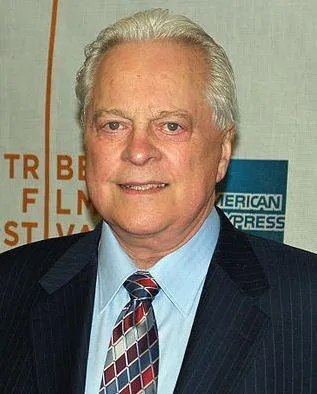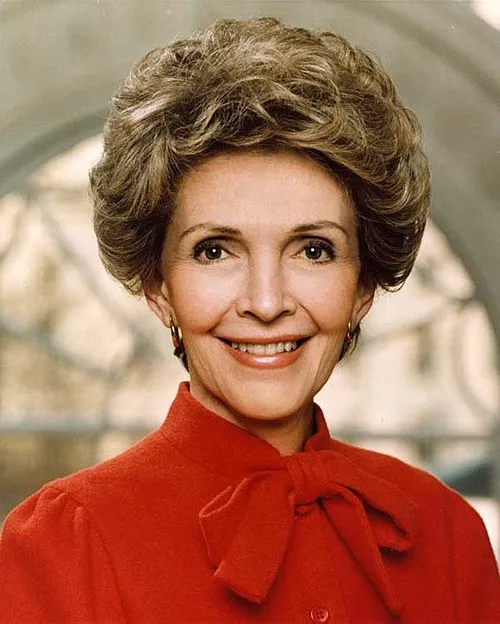In 2020, a tragic shooting at a ceremony in Kabul, Afghanistan, resulted in the deaths of thirty-two individuals and left eighty-one others injured. The Islamic State later claimed responsibility for this devastating attack, highlighting the ongoing security challenges in the region.
On March 6
8
Important Days
48
Important Events
328
Births and Deaths
recorded.
Holidays and Occasions
Events
Births and Deaths

European Day of the Righteous: Remembering Acts of Moral Courage
The European Day of the Righteous, observed on March 6th every year, serves as a poignant reminder of the moral responsibility that individuals hold when confronted with crimes against humanity and totalitarianism. This day honors those who, against all odds, chose to stand up for justice and humanity, often at great personal risk...

Foundation Day: Norfolk Island's Founding Anniversary
Foundation Day is a significant occasion for the residents of Norfolk Island, marking the day it was first settled on January 6, 1788. This event not only represents the founding of the island but also celebrates its unique culture, history, and the journey its inhabitants have traveled since that pivotal date...

Independence Day in Ghana: Celebrating Freedom since 1957
Every year on March 6th, Ghana proudly commemorates its Independence Day, celebrating the moment it emerged as a sovereign nation from British colonial rule in 1957. This day is a significant milestone in the history of Ghana and resonates profoundly with its citizens, symbolizing freedom, resilience, and national pride...

Chrodegang: Pioneer of Church Reform and Education in the 8th Century
Chrodegang, a significant figure in the 8th century, played a pivotal role in the reformation of church practices in the Frankish Empire. Known for his leadership and influence, he is best remembered as the Bishop of Metz and a founder of the monastic community known as the monastic reform...

The Inspiring Life of Colette of Corbie: A Spiritual Pioneer
Colette of Corbie, also known as Saint Colette, was a remarkable figure in the early 15th century who played a vital role in the reform of the Poor Clares and the spread of their ideals across Europe. Her influence reaches far beyond her lifetime, making her a significant saint in the Catholic Church and a symbol of spiritual renewal...

Fridolin of Säckingen: A Journey Through Faith and Legacy
Fridolin of Säckingen is a captivating figure in both historical and religious contexts, renowned for his pious life and the foundation of a community that has flourished for centuries. He is primarily recognized as the patron saint of Säckingen, a picturesque town in southern Germany...

The Historical Depth of Kyneburga, Kyneswide, and Tibba
The rich history of places such as Kyneburga, Kyneswide, and Tibba provides invaluable insight into the cultural and historical evolution of early settlements in the British Isles. These locations, steeped in lore and legend, reveal much about the socio-political landscape of their time...

Marcian of Tortona: The Martyr and Patron Saint of Early Christianity
Marcian of Tortona is a revered figure in the history of early Christianity, known for his significant contributions to the faith and his spiritual leadership in the region of Tortona, Italy. His life and legacy offer a fascinating glimpse into the development of the Christian church during its formative years...






























